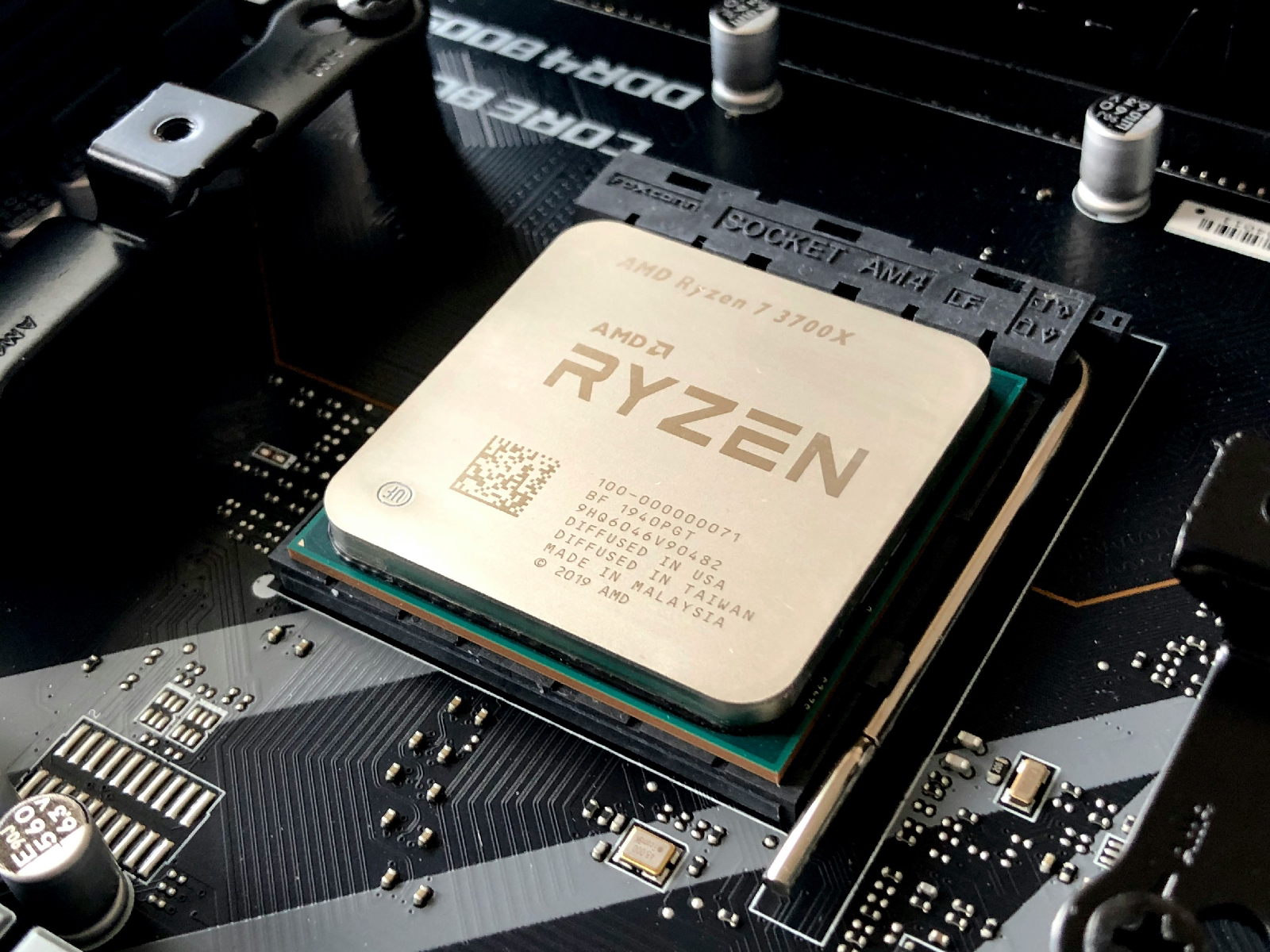🔧 What is a Motherboard?

A motherboard is the main printed circuit board (PCB) in a computer. It acts as the central hub that connects all the components and allows them to communicate.
🧩 Key Components on a Motherboard:
CPU Socket – Where the processor (CPU) is installed.
RAM Slots (DIMM slots) – Hold the system memory (RAM).
Chipset – Manages data flow between the CPU, RAM, and peripherals.
Power Connectors – Supply power to the board and CPU.
Expansion Slots (PCIe, PCI) – For graphics cards, sound cards, and other add-ons.
Storage Connectors (SATA, M.2) – For hard drives and SSDs.
BIOS/UEFI Chip – Firmware that boots the system and manages low-level settings.
Rear I/O Ports – USB, HDMI, Ethernet, audio, etc.
Internal Headers – For front panel buttons, USB ports, fans, etc.
🧠 Types of Motherboards (Form Factors):
ATX – Standard size; good for desktops with multiple components.
Micro-ATX (mATX) – Smaller; fewer expansion slots.
Mini-ITX – Very compact; great for small PCs.
📌 Important Considerations:
Socket Compatibility – Make sure it matches your CPU (e.g., Intel LGA 1700 or AMD AM5).
RAM Support – Check type (DDR4/DDR5), speed, and capacity limits.
Expansion Needs – Choose based on how many GPUs or add-on cards you want.
Connectivity – Wi-Fi, Bluetooth, USB-C, number of USB ports, etc.
🛠️ Common Brands:
ASUS
MSI
Gigabyte
ASRock







No comments
Post a Comment